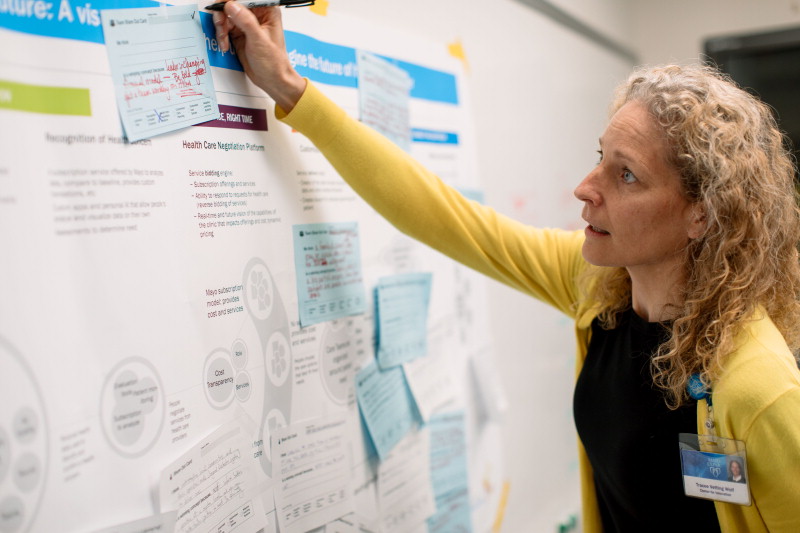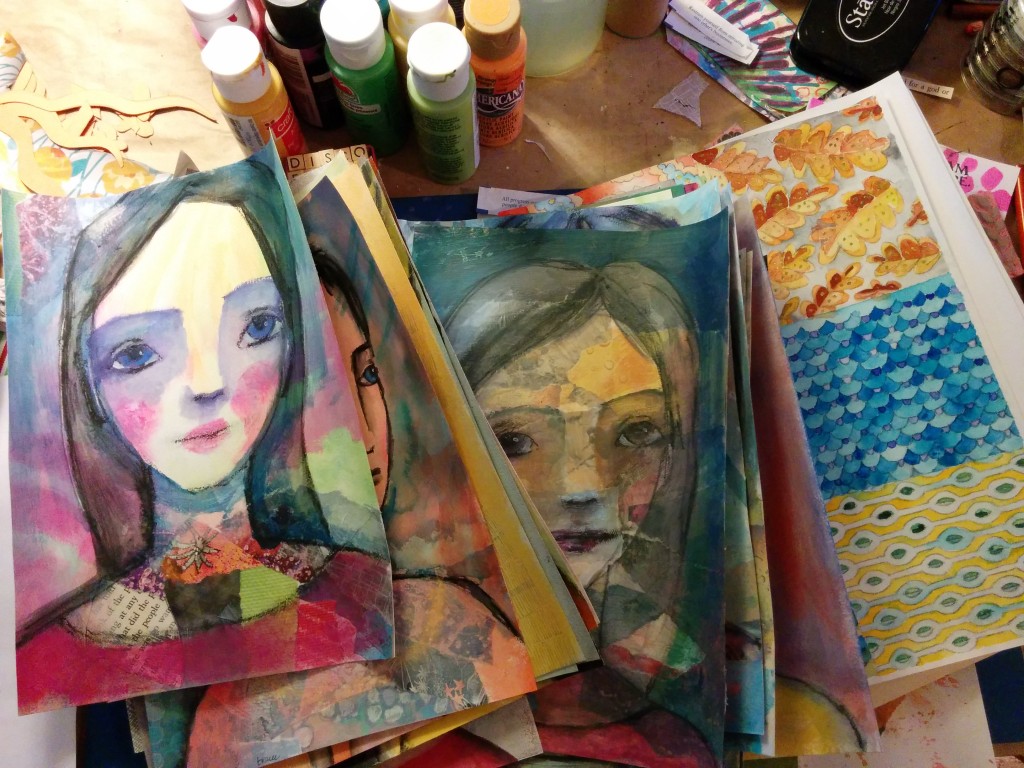What if you decided to agree that you’re a highly creative person?
What would happen? Would you succumb to all of the stereotypes that identify creative people with lack of real purpose, lack of prosperity, lack of organizational skills or practicality? Would you become ineffective in the workforce or unable to collaborate? Would your family reject you and your friends laugh at you? Would you become mentally imbalanced?
There are four big truths of being creative:
1) Being creative requires great amounts of personal agency and responsibility, it’s no wonder most of us shy away from this powerful trait and believe it’s something you’re born with or something that belongs to other people or specific jobs. Being creative takes dedication, conviction and personal initiative. You really have to believe in yourself and you have to be responsible for yourself (own your ideas, your outlook, your process, your mindset, your way of being, your expressions).
2) Being creative is being powerful. Despite all the stereotypes of creative and artistic people, being creative and using creativity in every facet of your life yields rewards like nothing else. You become more interested and interesting. You have greater awareness, self agency, and insight.
So now, if you decided to agree that you’re a highly creative person what do you do? How do you get there?
3) The third truth of being creative is that you never “arrive”. This is both a frustrating thing (that often cause people to back away, stop trying and choose to use the convenient excuse that ‘other people are creative, not me’), and a blessed thing (we all get to reach to increasingly higher, unlimited levels of creativity – if there were a limit to creativity, it would be boring and it wouldn’t have the kind of personal power we all desire, but tend to look for outside of ourselves).
4) The fourth truth of creativity is related to #1: creativity is personal. You are not going to get your creativity from a method, process or set of steps. There is no manual that can promise to give you creative power through a set of steps or exercises. You’re not going to find it by doing what other people tell you to do. You learn creativity by practicing creative acts, by being yourself, by having self-awareness. You can’t be anyone else to earn your creativity.
If you are wild about life and your journey in it, you’re more inclined to consider these truths about creativity and agree to take on the simple and profound journey. This prospect gives you goosebumps and the challenge, despite being daunting, is the thrilling thing you can’t turn away from. For those of you who are wanderlust about your human journey, this next bit will be a very easy leap:
be the artist you are.
Where are you in relation to that idea? How do you connect with and express your very unique creative qualities? Do you get lost when you consider this?
What if you thought of yourself as an artist and treated yourself that way? I’m not talking about Artist with a capital A. I’m talking about artist: the kind of person who makes thoughtful images and markings to explore and express themselves? The kind of person who empowers and infuses their life with curiosity, awareness, love, compassion, experiment, yearning, …
Why artistry?
You can be creative in ANYTHING and EVERYTHING you choose to do. I chose artistry very deliberately. With art, it’s very hard to fake being yourself, you’re exposed, vulnerable and there’s no where to hide. You’re you and there is an expectation that you express yourself. No one said you had to be good at it and no one gets to say what is good and what is art. You are more free to be you than what you might think. The only thing standing in your way are self-limiting beliefs, fear and judgement.
And an often overlooked quality: when you make art, the brain has to work in such a way where the choices you make are very close to what you believe in and value.
– stop thinking so much
– stop judging yourself and comparing yourself to others
– stop listening to the news
– stop gossiping and complaining
– stop efforting
– stop controlling others
– stop doing what other people tell you to do if it doesn’t contribute to your thriving
– stop measuring your worth according to external metrics and achievements
– start caring about how you feel
– start listening to your inner inklings and acting on them
– start being aware of what you tell yourself in your head
– start a practice of unyielding self-compassion
– start looking at the world through the lens of opportunity, possibility and richness

